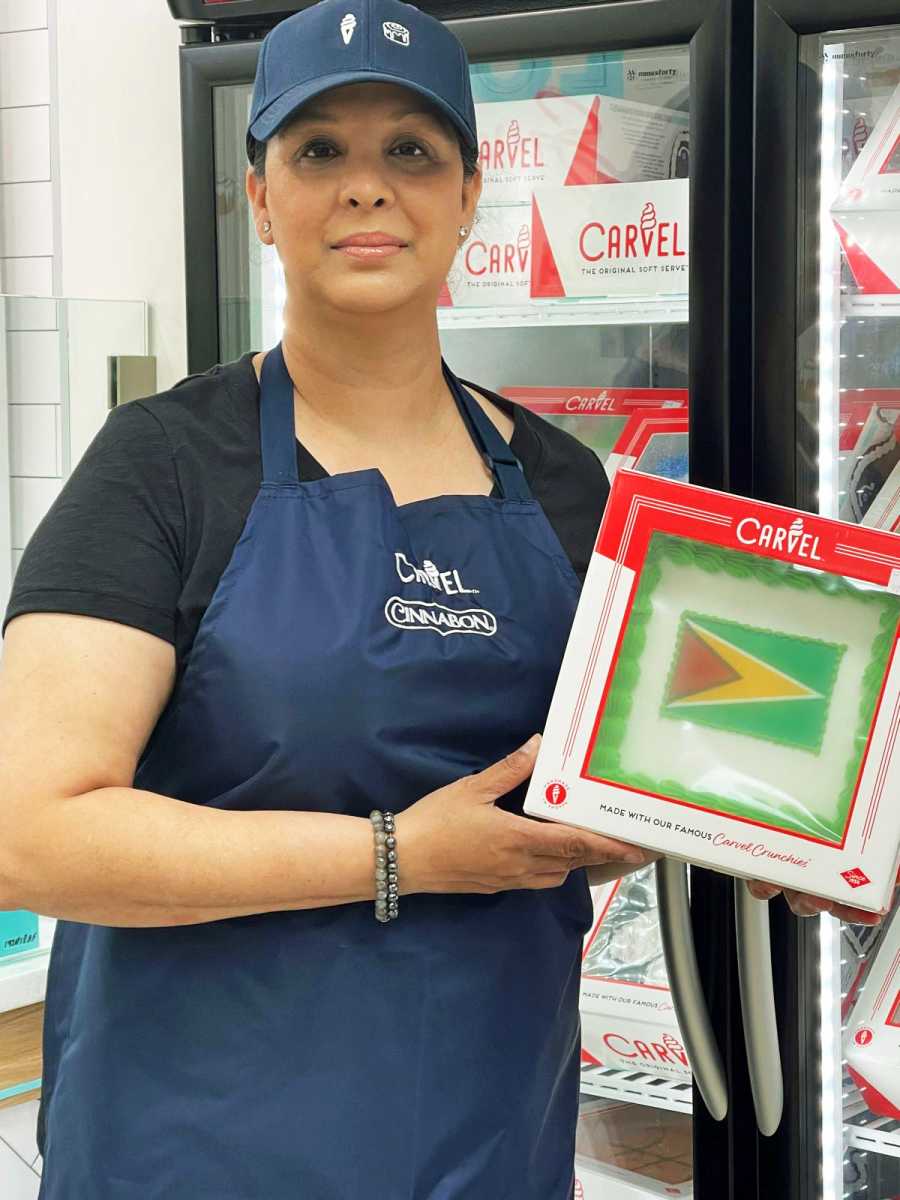As one of the most diverse places in the world, it’s no secret that Queens has some of the best restaurants and most delicious cuisines in the city. From Astoria to Jackson Heights to the Rockaways, there is not a single dish that you cannot find. The Queens Chamber of Commerce
has represented small businesses throughout the borough for more than 100 years, with a mission of bringing jobs and economic opportunity to Queens residents.
However, despite our tireless efforts, the simple truth is that owning a small business in New York City has also never been more challenging. That’s particularly true for local restaurant owners, who are now dealing with ever-increasing red tape, the uncertainty surrounding outdoor dining, rising costs and persistent staffing shortages.
Faced with all of these challenges, restaurateurs have had to get creative. They have, thankfully, been able to take these challenges and turn them into opportunities by taking advantage of the flexibility and increased number of customers that online platforms like DoorDash and UberEats offer. Whether they’re long standing community favorites or new up-and-comers, restaurants have been able to use these online options as a way to introduce more people to different kinds of foods they may have never otherwise tried — especially beneficial to businesses in the outer boroughs like Queens.
But a myriad of new and constantly shifting rules and regulations are creating uncertainty about the future of delivery platforms in New York City will be able to provide, particularly the outdated pandemic-era limit the city has placed on how these restaurants and platforms are able to work together.
But there is a solution on this issue that would work for both restaurants and delivery platforms, a bill in the City Council that would bring a much-needed compromise. The City Council should move forward with this legislation because of the positive impact it would have on local
businesses, ensuring that restaurants that want to increase their visibility or reach new customers using these platforms have the choice to do so, while also offering safeguards for those that don’t.
While some restaurants in Queens can get by on foot traffic alone, others in the quieter parts of the borough may need this increased demand in order to make ends meet and keep their workers employed so that they can provide for their families. The proposed legislation allows
restaurants to make important decisions about how they can optimize their operations and maximize profits.
There is an even greater need to pass this legislation now, as New York City just implemented a new minimum pay rate for delivery workers, where delivery workers will be paid a total of $29.93/per hour for all online time. There is no question that this new pay rate will increase the
price of delivery for customers across the board, with some delivery apps already implementing new fees to balance out the increase in cost. This policy on top of the anticipated impacts of leaving the pandemic-era cap in place — not to mention the pending lawsuits already costing
taxpayers millions of dollars — could make the price of ordering delivery completely unaffordable for a significant number of New Yorkers.
It is clear that there is real demand for food delivery services in New York, and small businesses should be able to capitalize on that opportunity just like everybody else. The City should be working to create an environment where restaurants can access a full suite of resources to help them grow their business, not imposing regulations that threaten the ability of restaurants to utilize these platforms entirely.
All of our small businesses, especially those in the outer boroughs and less densely populated areas of the city, depend on having an environment that gives everyone the opportunity to achieve success and they rely on delivery services to continue connecting with customers in their community. Our elected officials and business and community leaders should prioritize maintaining the flexibility our businesses need to grow and thrive.




































